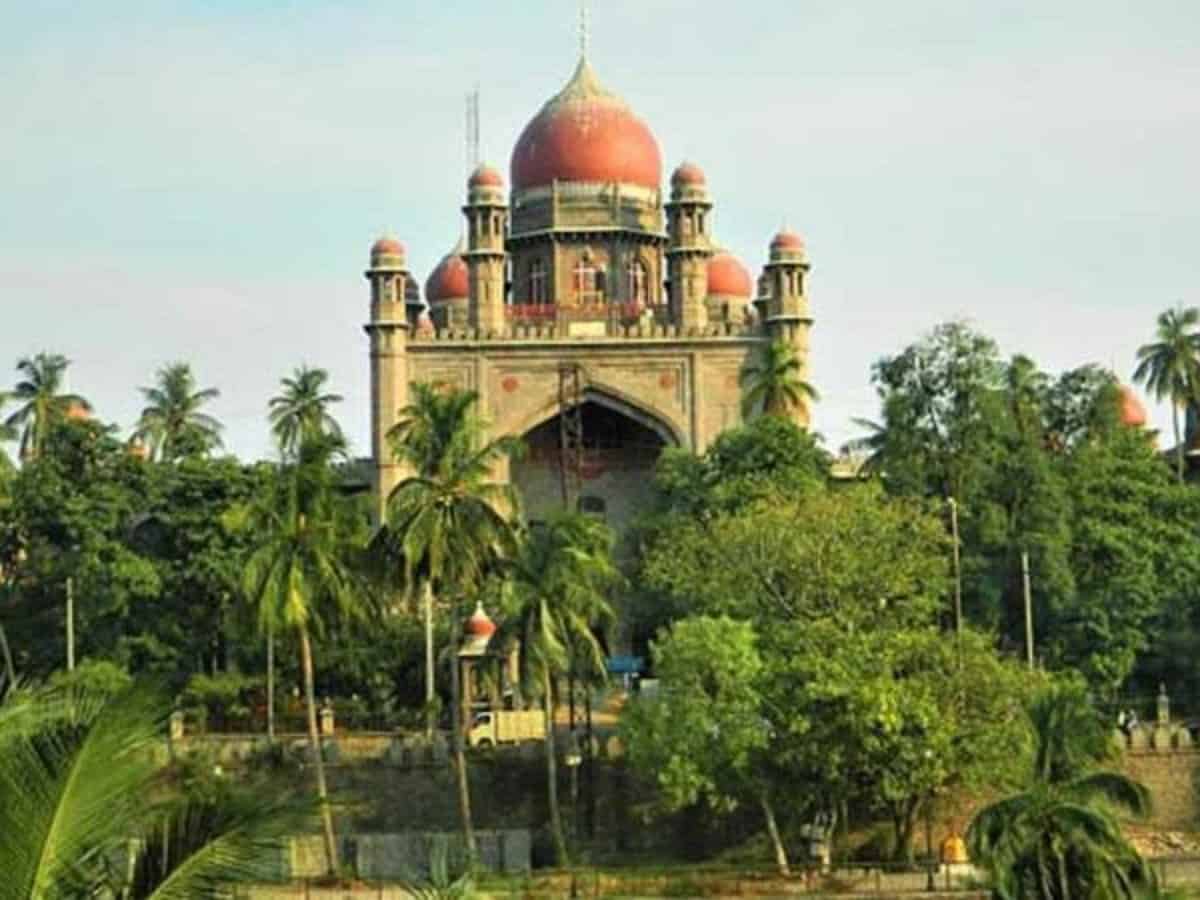
Hyderabad: Telangana high court ordered the vigilance Commissioner to look into claims of financial mismanagement costing Rs 234.69 crore involving the Telangana State Tourism and Culture Development Corporation (TSTDC).
The bench comprising Justice Ujjal Bhuyan and Justice CV Bhaskar Reddy proceeded with a case filed by political activist Bakka Judson.
According to media reports, the activist asked for an investigation into the misappropriation of public funds.
The petitioner’s attorney, Sharath Kumar stated that the Tourism Department had given the development of 13 projects to nine private corporations under a Public Private Partnership (PPP) deal. These projects were to be built, operated, and transferred throughout the state.
However, this business was granted permission to lease out precious public lands so that they could develop tourism-related enterprises there.
The lease rent and additional development premium for the lands granted to these private companies are required by a GO (government order), but these businesses have carelessly ignored the Rs 234.69 crore in payment money owed to the government.
By utilising public land to build their projects on, private corporations have made millions of rupees.
Additionally, the administration has opted to forgo the sum, which is made up of taxpayer funds, he continued.
The Ocean Park Multitech (P) Ltd, Hyderabad Trade Expo (P) Ltd, Jubilee Hills Resorts & Hotels Ltd, Jalavihar Entertainment (P) Ltd, Secunderabad Golf Course, Prasad Media Corporation, Pantaloon Retail (India) Ltd, and GSG Constructions Private Limited have a total outstanding debt of Rs 234.69 crore, including interest, according to the Accountant General’s Audit Report for the financial year 2020–21.
All of the lands that were allotted to these organisations fall under the PPP paradigm, and all of their interactions with the government are contractual in nature, said Special Government Pleader (SGP) Sanjeev Kumar.



